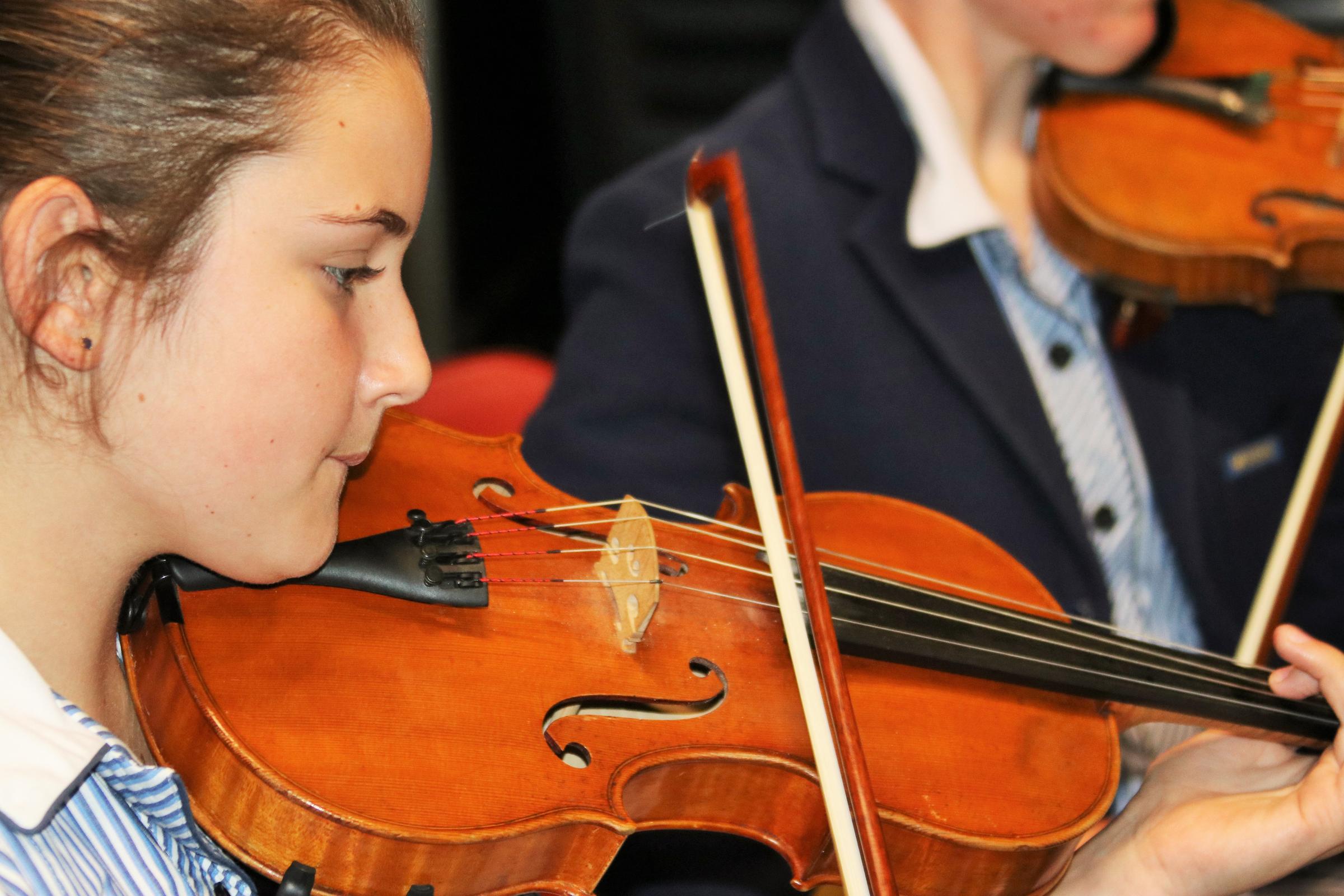Middle Years

We leave for China on Sunday, and I am looking forward to our China adventure. The preparations are complete and now is the time to embrace the travel experiences that lie ahead of us.
I recently came across an article that referred to the 2018 book of Professor Jean Twenge, Why Today’s Super-Connected Kids Are Growing Up Less Rebellious, More Tolerant, Less Happy – and Completely Unprepared for Adulthood. I thought it was a good idea to bring this article to your attention: as parents and educators we need to reflect on how we are guiding our teenagers and where our mentoring is heading.
Professor Twenge’s focus is on the iGEN: those who were born 1995 and later. The iGen will be graduating from school in 2012 – 2030, they are the “post millennial” generation who do not know a world without the internet.
Twenge’s key point is that teens are physically safer than ever, but more mentally vulnerable. She attributes this to a “slow life strategy”: childhood has lengthened with teens being treated more like children, less independent and more protected by parents. She suggests that “adolescence is now an extension of childhood rather than the beginning of adulthood”. iGEN had a childhood with car seats, being picked up, not walking alone, highly safe (sanitized) playgrounds: for iGEN safety goes beyond the physical to encompass the emotions, and they are risk averse compared to millennials. Twenge suggest “we may have protected our kids into wimpdon.” Essentially, Twenge encourages parents to put their worries aside and push their children towards independence.
One encouraging aspect of Twenge’s research is that teens who spend more time on social media also spend more time with their friends in person – highly social teens are more social both online and face to face with their friends, and less social teens are less.
Twenge says what we should be concerned about is passive screen time: teens who are absorbed for hours in Netflix or solo online games. The key point from this important study is that whilst iGEN are mobile, online, and delaying adult milestones as their childhood stretches longer than previous generations, they are also more educated, more global in their outlook, and more inclined to take up a cause.
In a nutshell, we need to ensure that the iGEN also develop high emotional intelligence and an independent spirit. They need to develop a range of skills that enable them to explore and embrace life.
Congratulations to our myPEC students who performed so well at the GD Athletics last Friday, and to students who performed well in their cricket finals last week. The sporting field teaches our students valuable life lessons.
Mrs Julia Winter Cooke
